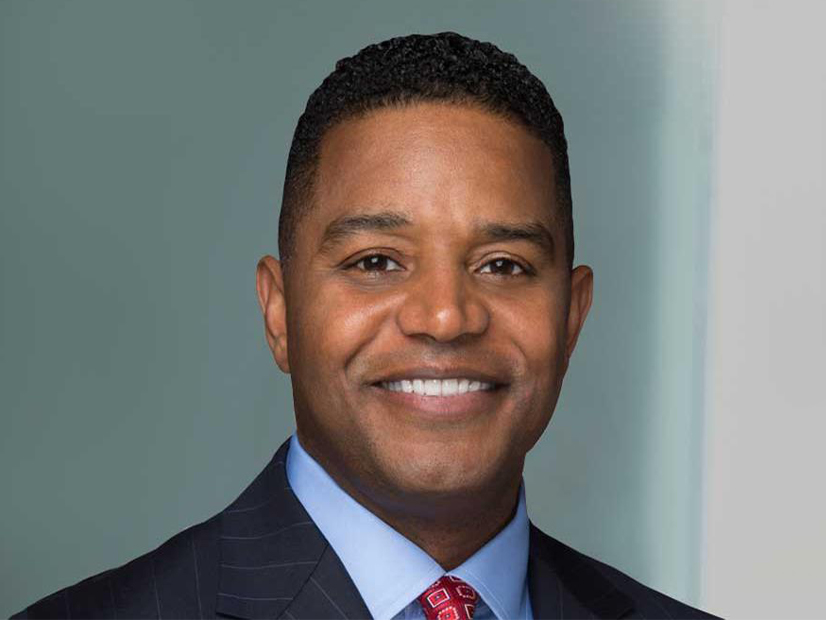Exelon (NASDAQ:EXC) leadership last week charted out the company’s path to maintaining its growth targets while implementing its plans to comply with state environmental legislation.
“The Exelon team has proven it’s ready to meet the challenge of leading the nation in its energy transformation, powering a cleaner and brighter future for our customers and our communities while creating value for our shareholders,” CEO Calvin Butler said during the Feb. 14 earnings call.
Exelon reported a 27% increase in earnings for 2022, at $2.054 billion. Its fourth-quarter earnings of $432 million were nearly 40% higher than those in the fourth quarter of 2021.
The company saw 8.1% annual growth off its 2021 guidance midpoint and operating earnings of $2.27/share, exceeding guidance by 2 cents/share. The 2023 projection anticipates 5% earnings growth relative to the 2022 guidance and operating earnings guidance at $2.30 to $2.42/share.
Butler said the company completed its separation with Constellation Energy and has had a successful first year as a transmission-and-distribution-only utility.
“In 2022, Exelon showcased our ability as a pure transmission-and-distribution company to deliver on our financial and operational commitments,” Butler said. “Because of the partnership with our customers and communities, Exelon is ready to lead the energy transition to a cleaner and brighter future.”
CFO Jeanne Jones noted that the 5% growth expected this year is below Exelon’s 6 to 8% target range between 2022 and 2026. Exelon is projecting its operations and maintenance costs being $100 million higher this year, which Jones attributed to one-time costs associated with the Illinois Clean Energy Jobs Act (CEJA), as well as information technology investments, cybersecurity enhancements and taking advantage of favorable weather to engage in corrective maintenance.
Commonwealth Edison filed its first multiyear rate plan and its grid plans to the Illinois Commerce Commission under CEJA, which calls for carbon-free energy generation by 2045. The plan’s investments include bus reconfigurations, work overhead and underground infrastructure to support an anticipated 1 million electric vehicles by 2030, and converting 4-kV infrastructure to 12 kV. (See Illinois Senate Passes Landmark Energy Transition Act.)
“As Illinois progresses towards its decarbonization goals, ComEd is starting from an industry-leading position of strength,” Butler said.
ComEd has also filed with the ICC to defer collection of 35% of the 2024 rate increase until 2026 to smooth the impact for customers.
Jones said carbon mitigation contracts are projected to save ComEd customers over $3 billion in energy charges between 2022 and 2027.
The company is also preparing to submit its multiyear plan with the Maryland Public Service Commission later this month, with proposed investments in line with the state’s Climate Solutions Now Act. Jones pointed to the $50 million in school bus electrification incentives Baltimore Gas and Electric has offered Maryland school districts as the type of investments the utility is making. (See Md. Climate Bills Become Law Without Hogan’s Signature.)
“Like Illinois, Maryland’s Climate Solutions Now Act has set aggressive climate and decarbonization targets, creating an environment where utility action and investment is a key priority and for which multiyear planned frameworks are particularly well suited,” Butler said.




